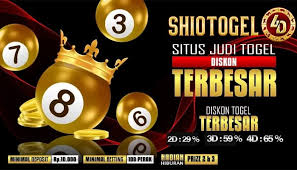Slot machines have long held a special place in the world of gambling, captivating players with their flashing lights, mesmerizing sounds, and the promise of life-changing jackpots. From the humble beginnings of mechanical one-armed slot777 to the sophisticated digital experiences found in modern casinos, the allure of slots remains as strong as ever. But what exactly makes these games so popular, and how do they work? Let’s delve into the fascinating world of slot machines.
A Brief History
The origins of slot machines can be traced back to the late 19th century when the first mechanical slot machine was invented by Charles Fey in 1895. Known as the Liberty Bell, this machine featured three spinning reels and a handful of symbols, including horseshoes, stars, and the iconic Liberty Bell.
Over the decades, slot machines evolved significantly, incorporating new technologies and features. The introduction of electromechanical machines in the 1960s paved the way for more complex game mechanics and larger jackpots. Then came the digital revolution of the 1980s and 1990s, which saw the transition from purely mechanical to video slots, offering immersive visuals and bonus rounds.
Today, slot machines come in various shapes and sizes, ranging from classic three-reel games to elaborate video slots with intricate themes and multiple paylines.
How Slots Work
At their core, slot machines are based on random number generators (RNGs), which ensure that each spin is independent and entirely random. This means that the outcome of a spin is not influenced by previous spins or any external factors, making slots a game of pure chance.
When a player inserts a coin or credits into a slot machine and presses the spin button, the RNG generates a random sequence of numbers, which determines the position of the reels. The symbols displayed on the reels are merely graphical representations of these numbers.
The paytable, displayed on the slot machine’s interface, outlines the payouts for different combinations of symbols. Winning combinations typically pay out according to the number of matching symbols and their respective values.

